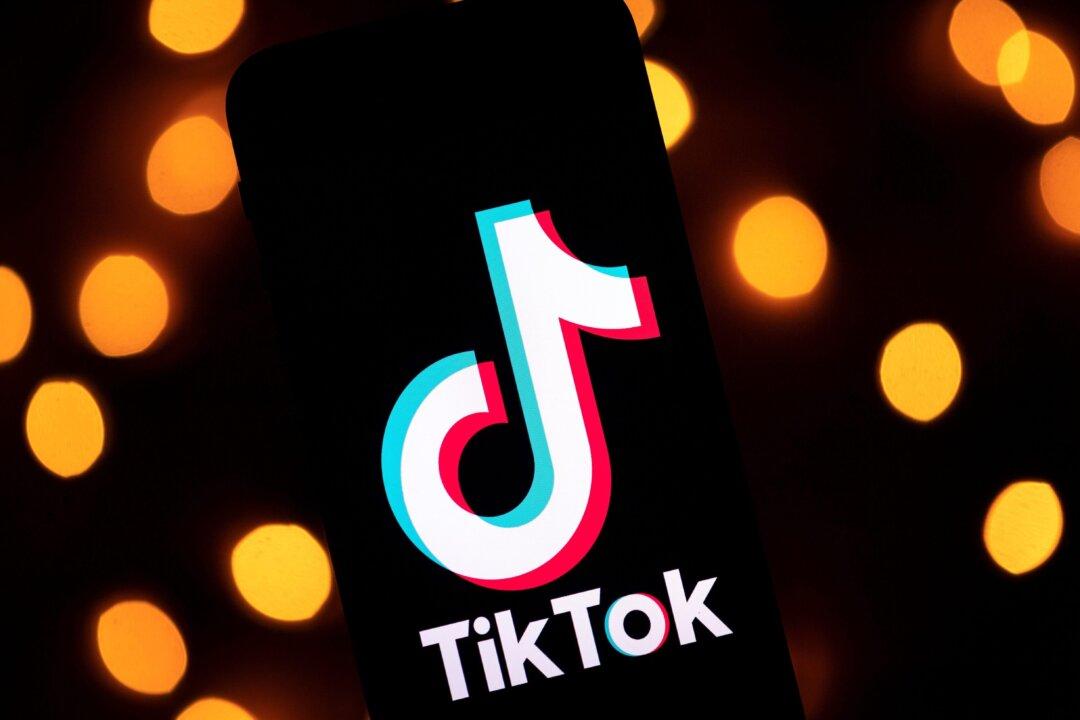A former Chinese internet censor said he was interviewed for the role of monitoring and policing videos posted by international users of TikTok, a Chinese-owned short video app used by millions of Americans.
Liu Lipeng, who worked as an online censor in China for a decade, said he was passed over for the job in 2018 after suggesting during the interview that TikTok shouldn’t overly censor content because Americans value freedom of speech.






